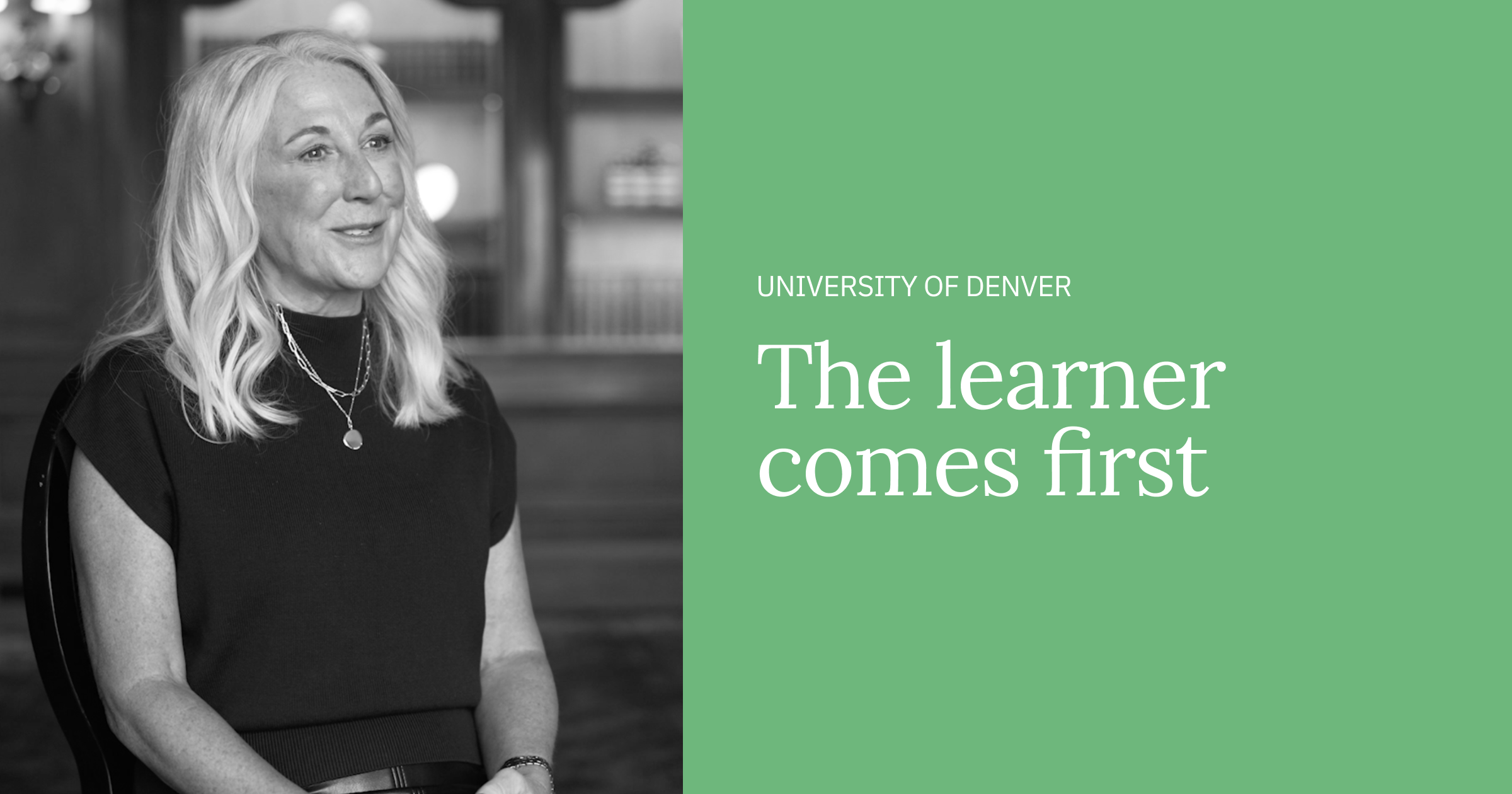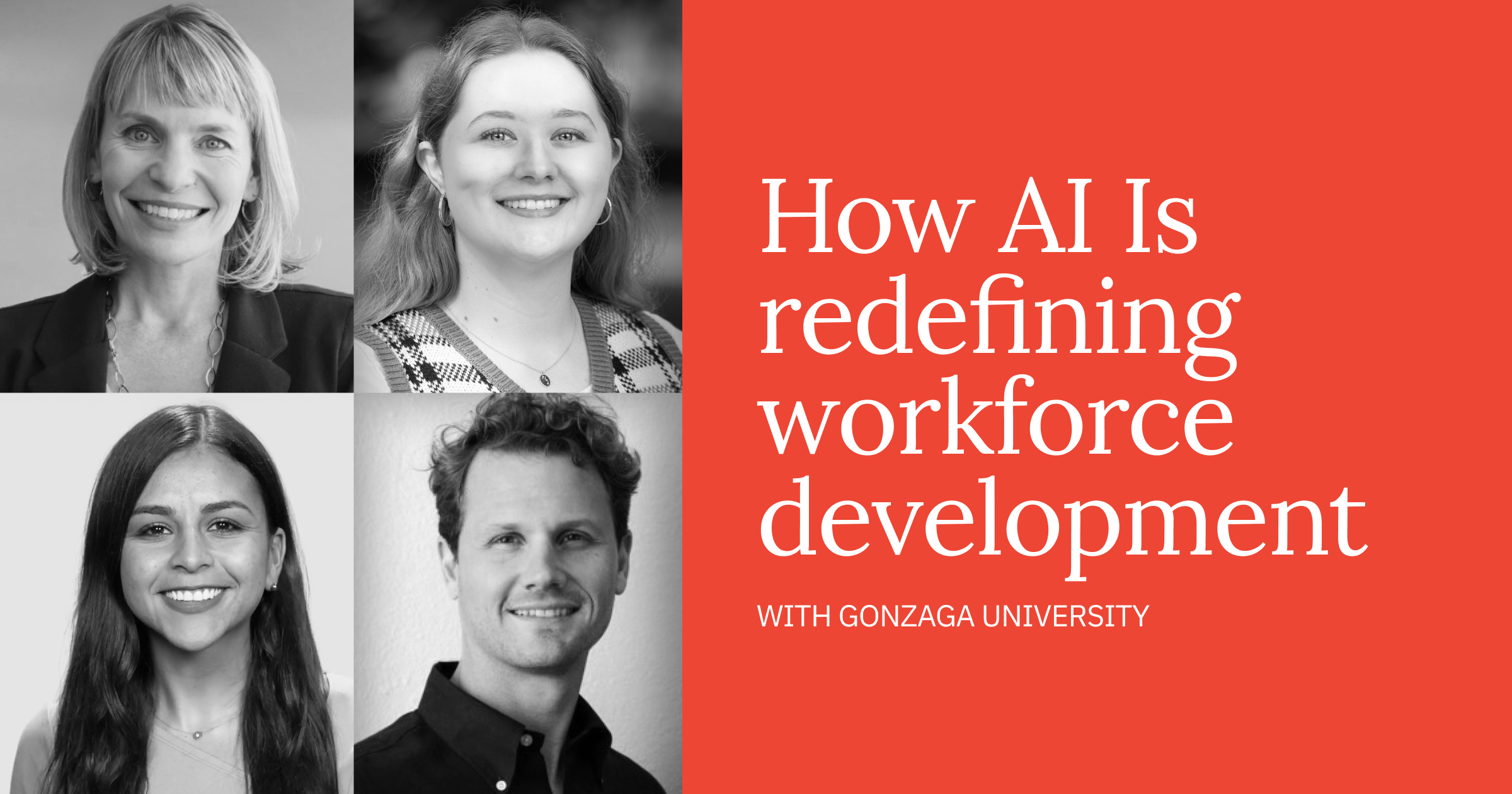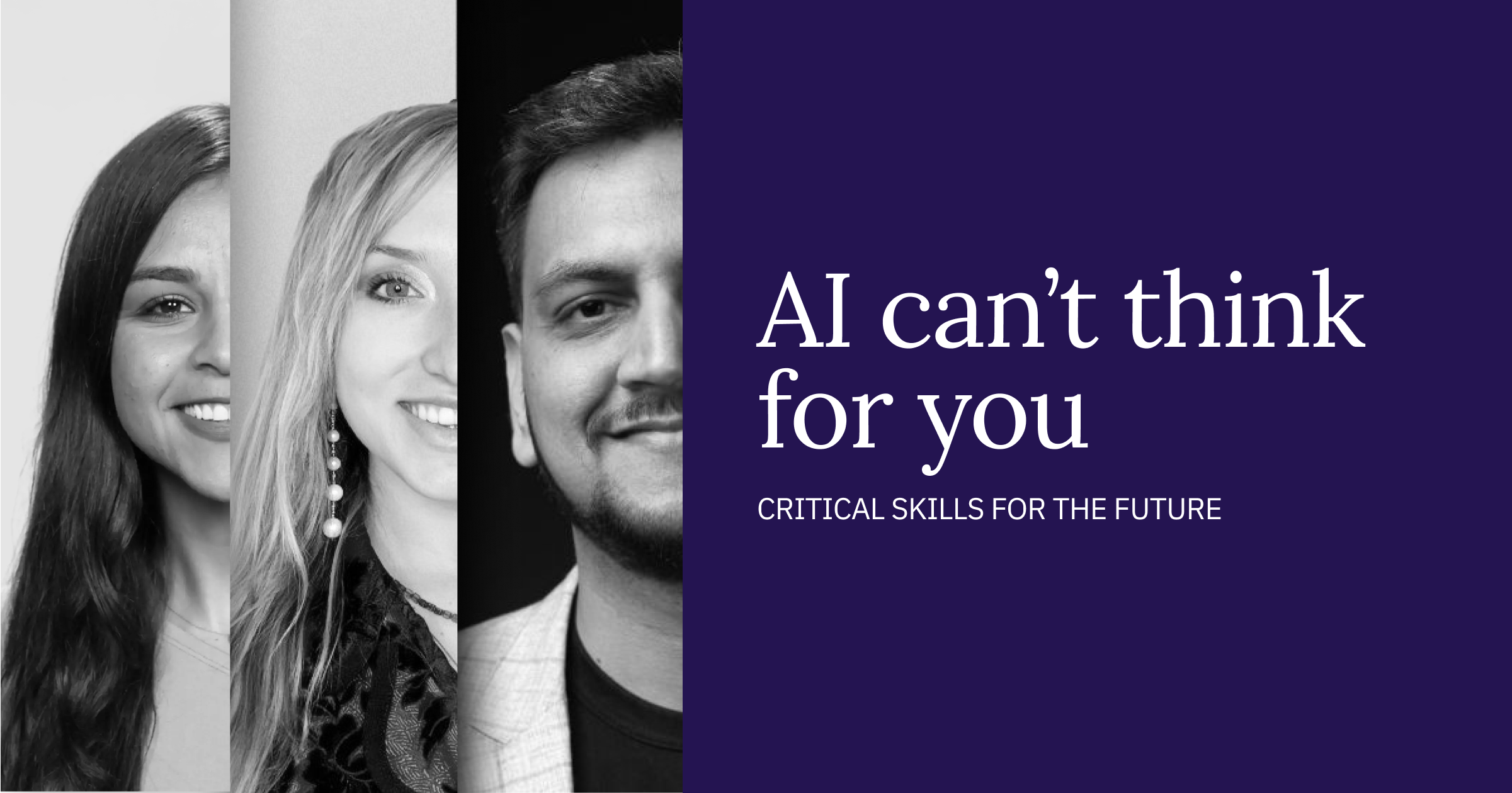
"The biggest challenge for universities is being agile," explains Teri Markle, Associate Dean of Finance, Business Operations & Continuing Education at the University of Denver. "Learners are telling us what they need, and it's our job to listen and act."
For DU, that message was clear: adult learners wanted short-form, career-relevant education with immediate impact. Traditional academic calendars couldn't match the pace of workforce change, and those disproportionately affected by the pandemic needed accessible pathways back into economic stability.
The university faced a critical decision: evolve quickly—or risk losing relevance in the rapidly changing continuing education landscape.
Recognizing the signals
Markle and her team saw more than enrollment trends—they recognized a fundamental shift in how professionals approached career growth.
"Learner needs are changing, industry demands are changing, and successful institutions will be the ones that can grow and adapt and start that process now," Markle observed. "The growing demand for digital skills is not stopping anytime soon."
While traditional degree programs remain valuable, they often can’t address the urgent upskilling needs of professionals navigating career transitions, digital transformation, or economic uncertainty. DU needed a solution that delivered academic quality and real-world application.
A values-aligned partnership approach
Rather than building from scratch or compromising on quality, DU pursued a strategic partnership. The collaboration with Ziplines Education wasn't just about adding new programs—it was about finding a partner with a shared mission.
"Our partnership with Ziplines was very intentional in this space," Markle explains. "We see our partnership very aligned in mission. Our learner is the most important thing to both of us, and the impact that the programs have on learners, their lives, and their families, is why our partnership is so strong."
This alignment went far deeper than surface-level compatibility. Both organizations prioritized accessibility and support—especially for adult learners returning after extended breaks. The cohort-based model with live instruction maintained DU's standards for engaging, interactive learning experiences while ensuring no learner felt lost or alone. Most importantly, they shared a genuine commitment to serving learners who had been disproportionately affected by economic disruption.
The learning model that makes the difference
What made this collaboration truly effective was the intentional design of the learning experience. Recognizing that many adult learners feel apprehensive about returning to formal education, the program structure was built to ease those barriers.
"The learning structure does support that fear of getting back into the education space," Markle notes. "Maybe it's been a while since our learner has been a learner, and so the fact the Ziplines courses are more approachable, really has an impact."
The key features that resonated with DU's values created a learning environment where students could thrive. Live instruction provided real-time engagement and immediate feedback. Peer-to-peer interaction built a genuine community among working professionals facing similar challenges. The content itself was deliberately approachable, designed not to overwhelm but to build confidence. Most importantly, students could apply what they learned immediately to real-world challenges.
"It's not self-paced and disconnected," Markle emphasized. "Students feel seen and supported. That really matters."
Proof of impact: $170K+ in grant funding
The true validation of this strategic approach came when DU was awarded a significant incumbent worker training grant through the Denver Economic Development and Opportunity Office—funding that exceeded $170,000.
"The Ziplines programming was an integral part of us receiving that funding,” Markle explains. “It gives learners the opportunity to gain a skill or take that next step towards career advancement and economic mobility.”
The partnership wasn't just a success—it was a strategic differentiator that helped DU win critical funding to serve workers most impacted by the pandemic. As Markle puts it: "I really believe that offering this programming as the core part of the grant really allowed us to be successful in this space."
The partnership wasn't just operationally successful—it was strategically essential to the grant award. As Markle puts it: "I really believe that offering this programming as the core part of the grant really allowed us to be successful in this space."
Real impact on learners
The ultimate measure of success isn't enrollment numbers or grant dollars—it's the tangible impact on learner lives and careers.
"We're getting feedback from learners that they are finding the content approachable, and because it gives them that quick learning experience, they're able to really make an impact in their journey and in their career," Markle reports.
Learners are finding success across multiple pathways. Some are upskilling in their current roles to stay competitive in rapidly evolving industries. Others are making complete career transitions into growing digital fields where opportunities abound. Many are using these programs as stepping stones toward economic mobility after pandemic-related disruptions. Perhaps most importantly, learners are gaining confidence in technologies that once felt out of reach.





